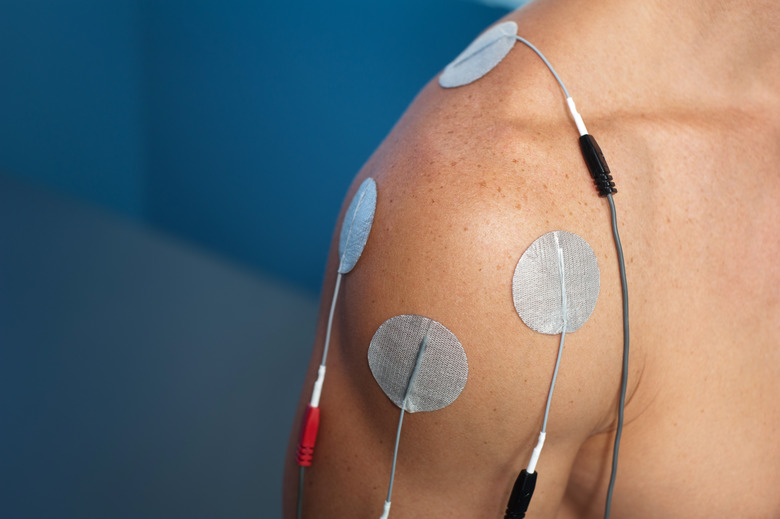DIY: Electrode Gel
Electrode gel is essential when a doctor wants to apply electrodes to skin to read electrical impulses in the body. Whether you are interested in reading brain waves in an electroencephalogram-based study, or you want to record a prenatal electrocardiogram, electrode gel is vital. Without it, electrical impulses in the body cannot be recorded clearly. It is easy and cheap to make your own electrode gel. It is also a good idea to know how to make your own if you ever run out and you need a substitute in a hurry.
Step 1
Squirt about 100 ml of aloe vera gel into the plastic resealable container.
Step 2
Add one tablespoon of salt and stir the mixture until the salt dissolves completely. With the addition of salt, the gel is now conductive.
Step 3
Read the conductivity of the electrode gel by placing the two electrodes of the multimeter about one inch apart in the gel. If the resistance of the gel is too high for your purposes, add more salt.
Things Needed
- Multimeter
- Salt
- Aloe vera gel
- Plastic resealable container
- Stirring utensil
TL;DR (Too Long; Didn't Read)
Add a small amount of gentle detergent or shampoo when using electrodes on oily skin (e.g. a scalp).
Warning
If you use an oil-based gel, the salt won't dissolve.
References
Cite This Article
MLA
Parrish, Sarah. "DIY: Electrode Gel" sciencing.com, https://www.sciencing.com/diy-electrode-gel-8637886/. 13 March 2018.
APA
Parrish, Sarah. (2018, March 13). DIY: Electrode Gel. sciencing.com. Retrieved from https://www.sciencing.com/diy-electrode-gel-8637886/
Chicago
Parrish, Sarah. DIY: Electrode Gel last modified March 24, 2022. https://www.sciencing.com/diy-electrode-gel-8637886/
